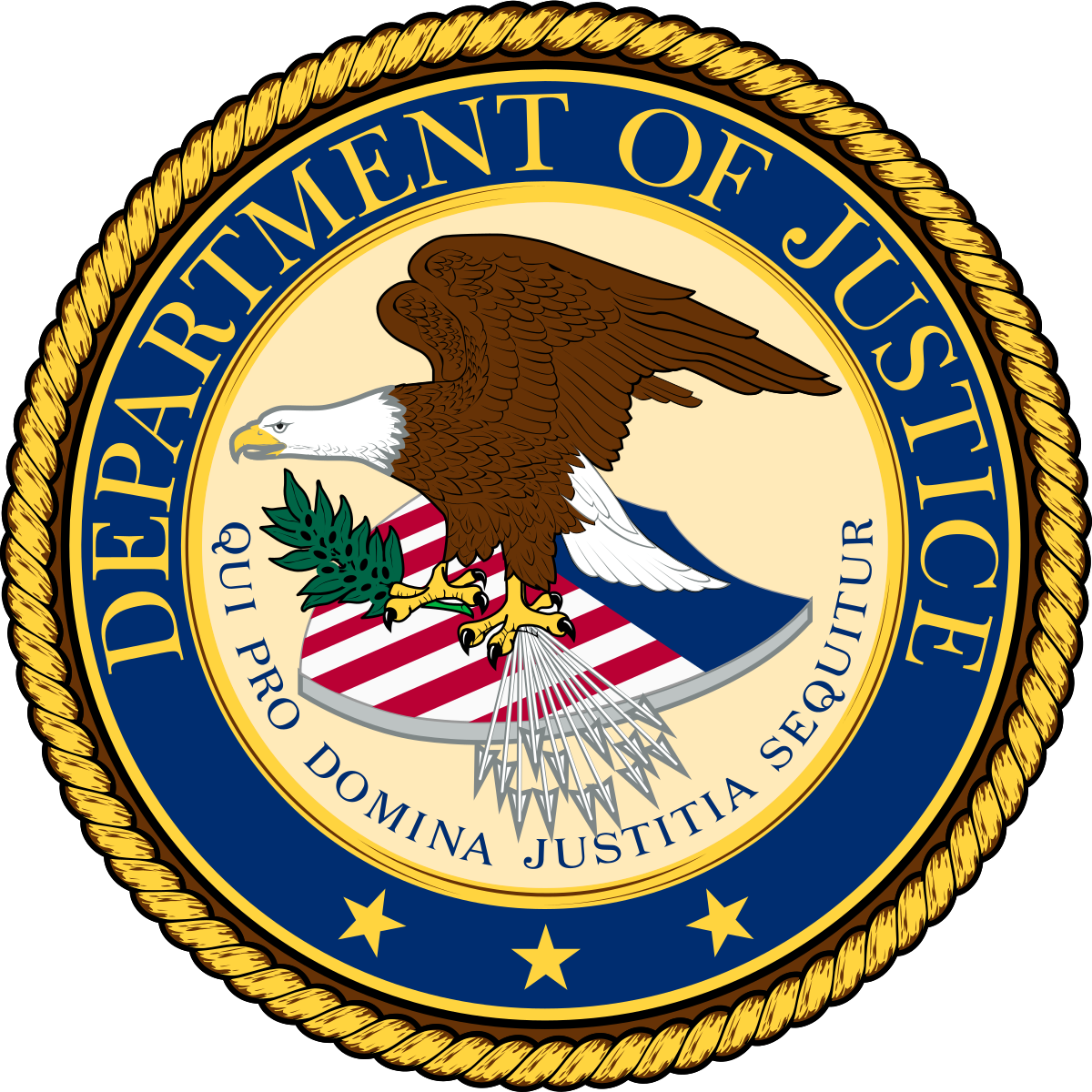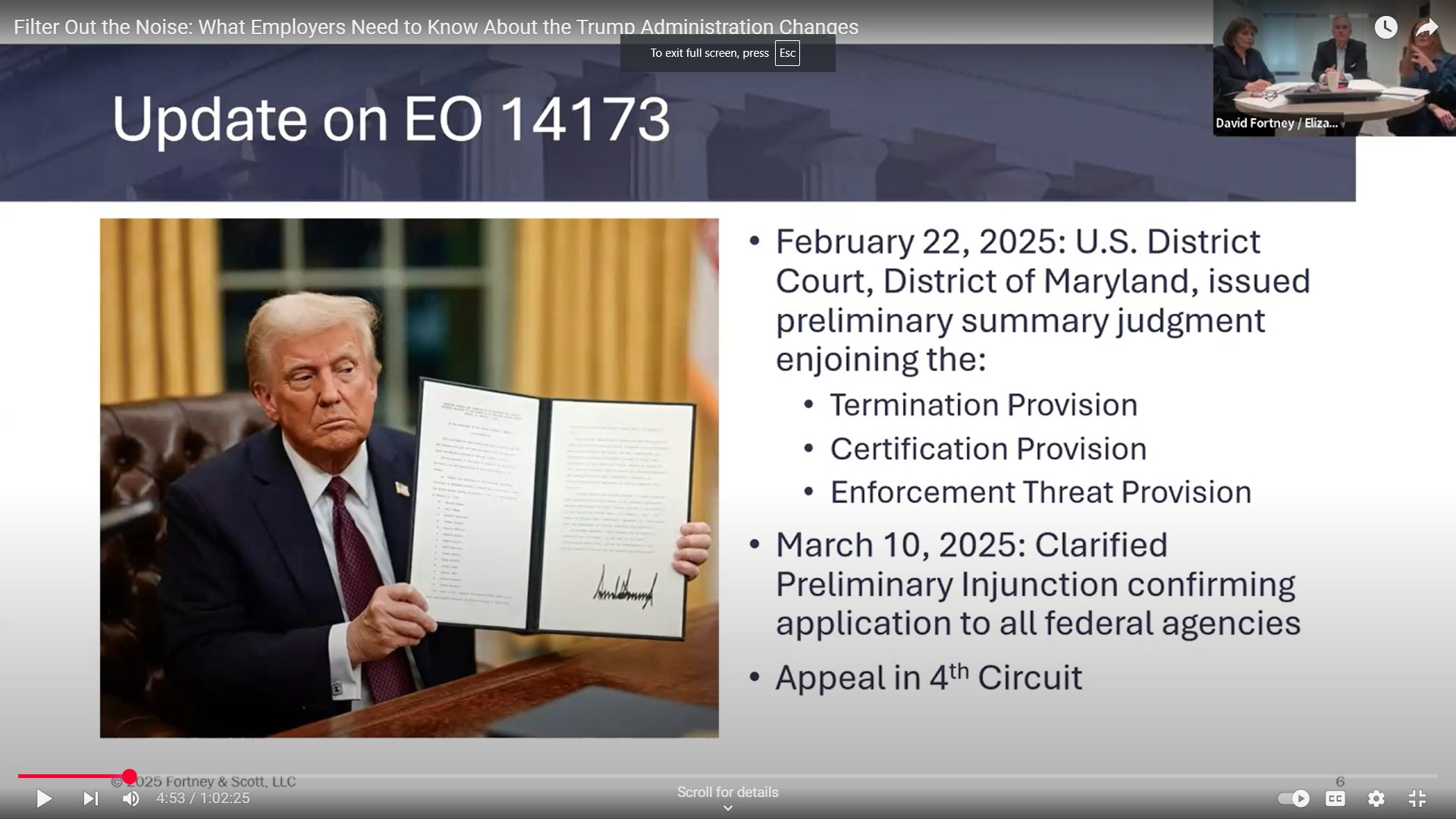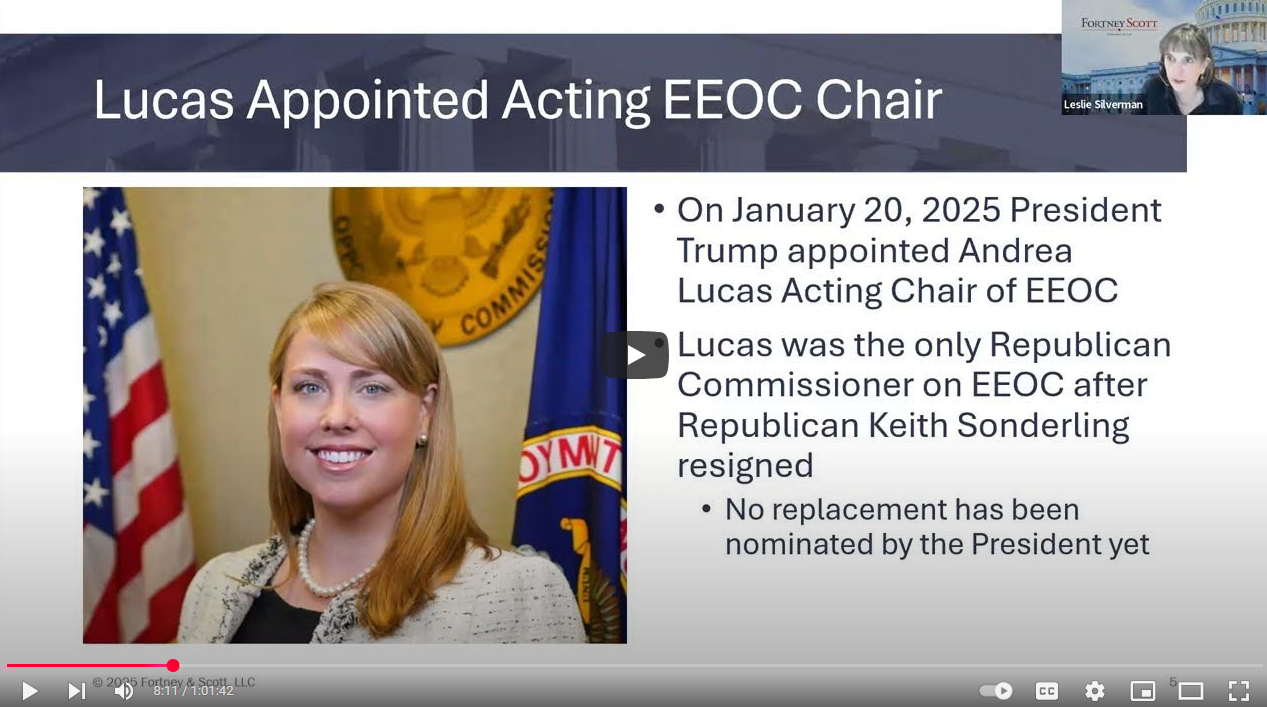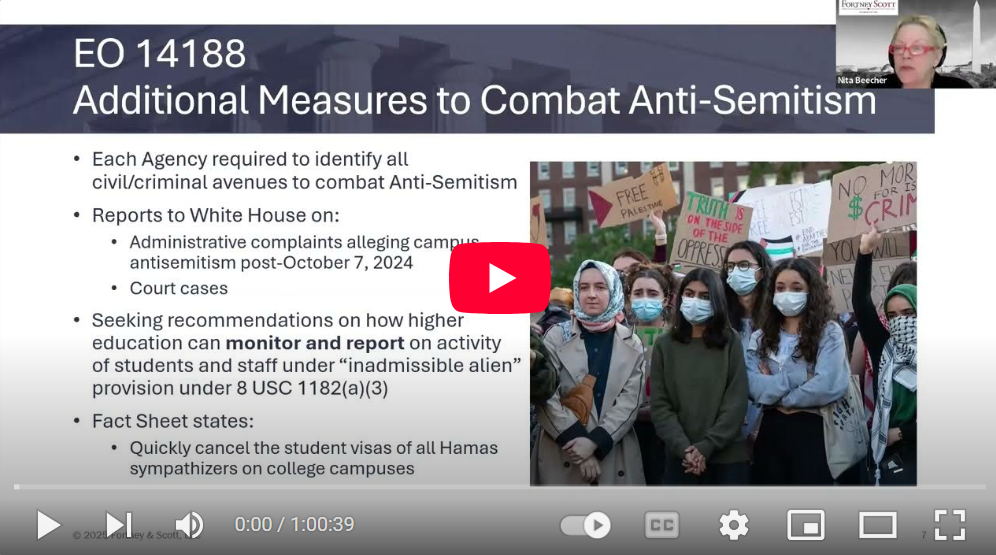Maryland's New Pay Transparency Law
Effective October 1, 2024, Maryland law (S.B. 525) requires employers to disclose wage ranges for posted positions. Employers with operations in Maryland, with employees who perform work in Maryland, and/or who permit remote work in Maryland must comply with the new pay transparency law.
Posted Salary Ranges and Benefits Descriptions on Job Postings
In the first publication for an open position and prior to any interviews or offers, employers must disclose in both internal and public postings for either part-time or full-time positions the specific wage or salary range, benefits, and any other compensation information. The law requires the minimum and maximum rate or salary for a position set in good faith, basing the range on:
- Any applicable pay scale;
- Previously set minimum and maximum salary or hourly rates for the position;
- The minimum and maximum salary or hourly rate of any individual holding a comparable position at the time of hiring; or
- The budgeted amount for the position.
Maryland's law does not explicitly require an employer to post or advertise opportunities for internal promotions or transfers. Employers, however, must provide the wage range for an internal promotion or transfer before a discussion of compensation is held with the candidate or upon a candidate's request.
Employers cannot refuse to interview, hire, or employ an applicant who does not provide wage history or who requests the wage range from the employer, nor can employers retaliate against, refuse to promote, or transfer employees who refuse to disclose their wage history or who request the wage range for a position.
Employers must keep a record of compliance for each job posting for at least three years after the position is filled, or, if the position is not filled, three years after the position was posted initially.
Although the law does not create a private right of action, Maryland’s Department of Labor and Industry (“MD DOLI”) is authorized to impose civil penalties onto employers in violation of the new law.
Challenges for Employers
Compared to 13 other jurisdictions with pay transparency laws in effect currently, Maryland’s is among the broadest. There is no threshold number of employees required for the law to apply, and employers who advertise for positions that can be performed anywhere must comply with Maryland’s law.
MD DOLI has yet to determine how much physical work in Maryland triggers coverage, but it has stated that that positions requiring occasional work or occasional communication with employees based in Maryland are not covered. Until the courts provide guidance on this new law, it is reasonable to presume that it applies to all workers who attend more than an occasional meeting or conference in Maryland.
FortneyScott will continue to monitor the litigation and provide updates as appropriate. Clients with questions can reach out to their FortneyScott attorney or email
info@fortneyscott.com.















